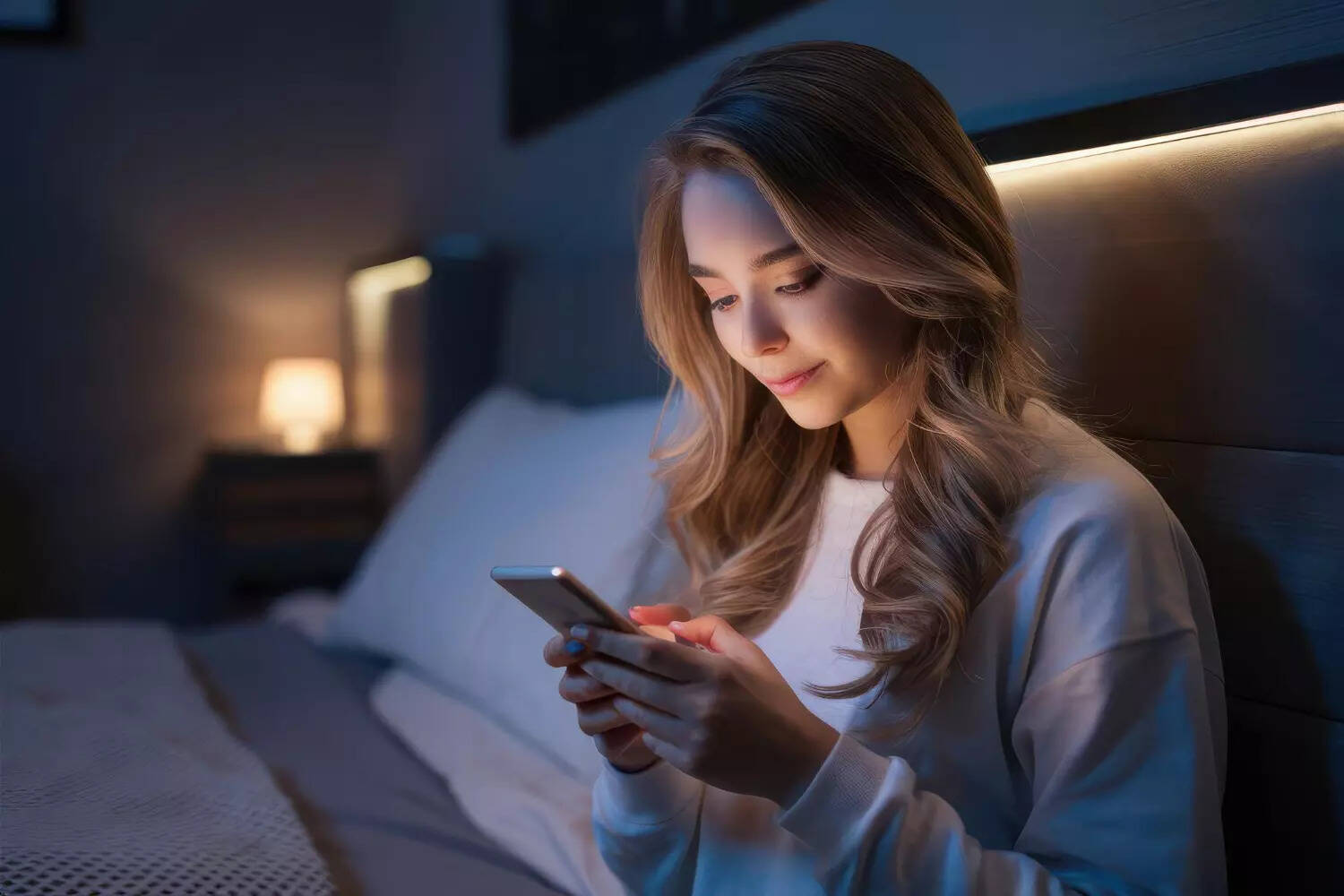How Blue Light Affects Hormones and Sleep Quality
In today’s digital world, screens are everywhere, from smartphones to laptops and LED lights. While these devices keep us connected and entertained, they also emit blue light, which can subtly disrupt our hormones and sleep patterns.
Blue light isn’t inherently harmful, it’s essential during the day but overexposure at night can seriously disrupt hormones and sleep quality. By managing screen time and making small adjustments, you can protect your sleep and overall well-being.

What is Blue Light?
Blue light is a high-energy, short-wavelength light present in sunlight, but also in digital screens and artificial lighting. During the day, it helps boost alertness and mood. However, excessive exposure at night can confuse the body’s natural rhythms.Impact on Melatonin
Melatonin is the hormone responsible for signaling sleep. Blue light exposure, especially in the evening, suppresses melatonin production. When melatonin is low, falling asleep becomes harder, sleep quality drops, and the body struggles to enter deep restorative sleep cycles.You may also like
- Saudi Arabia new 2025–26 school calendar: Winter Shift, fewer semesters, and key dates every parent must know
- Arti Singh shares humbling encounter with Amitabh Bachchan on 'KBC 17' sets
- Giriraj Singh defends 'Namak Haram' remark, says no discrimination in government schemes
- Bullet recovered from passenger at Hyderabad Metro station
- VP meets former President Ram Nath Kovind, exchange Diwali greetings
Effects on Cortisol and Stress
Blue light not only affects melatonin but also influences cortisol, the stress hormone. Evening exposure may increase cortisol levels, making you feel more alert and stressed when your body should be winding down.Long-Term Health Implications
Chronic disruption of hormones and sleep can lead to fatigue, mood swings, weakened immunity, and even metabolic issues. Over time, this can affect both mental and physical health.Practical Tips to Reduce Blue Light Impact
- Limit screen time before bed – Try to avoid devices at least 1–2 hours before sleeping.
- Use blue light filters – Most phones and laptops have night mode settings.
- Wear blue light glasses – Special lenses can reduce exposure.
- Maintain a dark bedroom – Dim lights help signal your body to produce melatonin naturally.
- Get morning sunlight – Natural light during the day helps regulate your circadian rhythm.
Blue light isn’t inherently harmful, it’s essential during the day but overexposure at night can seriously disrupt hormones and sleep quality. By managing screen time and making small adjustments, you can protect your sleep and overall well-being.









